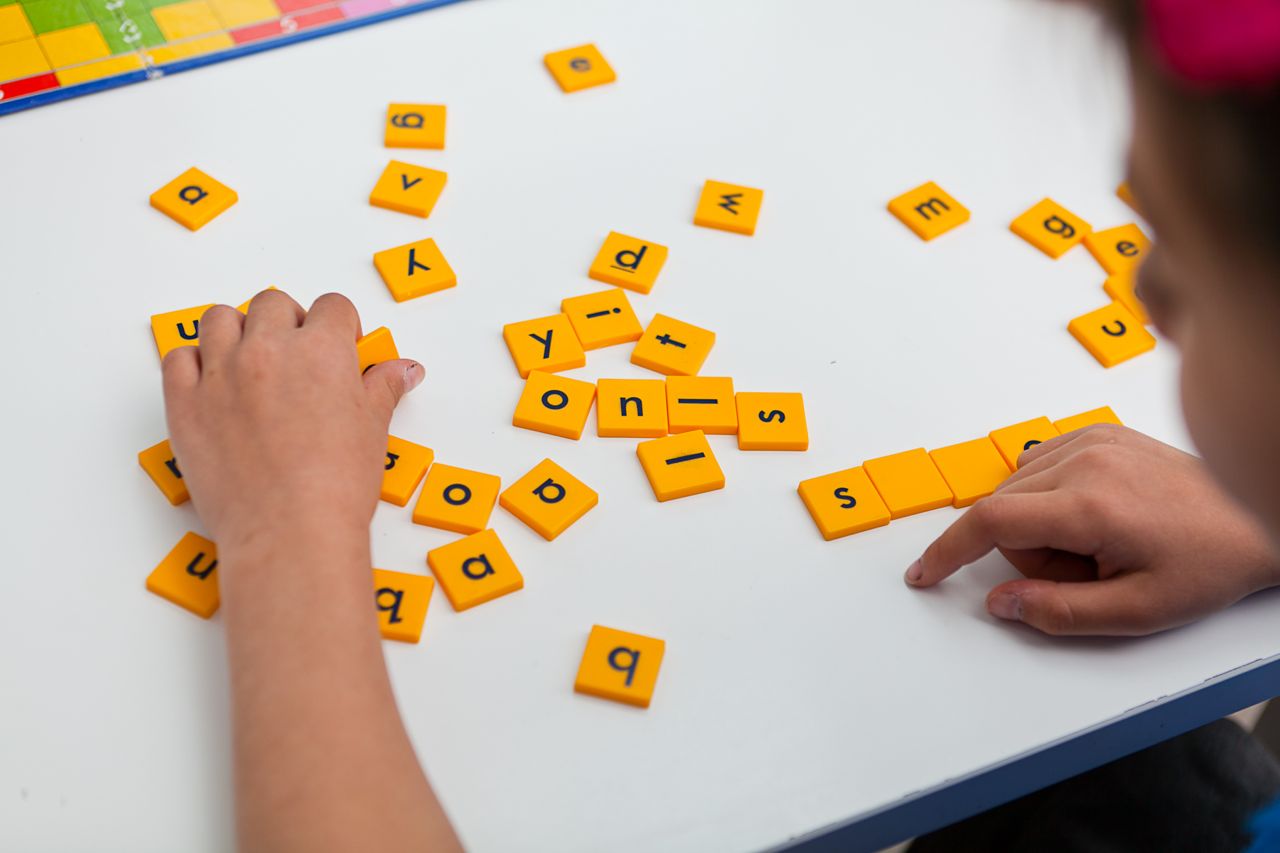Education
The Value of Puzzles as Learning Tools for Kids

A favorite toy of educators and parents alike, puzzles are deceptively simple. All you have to do is put pieces together to make a whole. But despite their apparent simplicity, puzzles are a fantastic learning tool that teaches youngsters many essential life skills. From fostering problem-solving abilities to enhancing critical thinking, puzzles play a crucial role in the development of children’s minds. In this article, we will explore the remarkable value of puzzles as learning tools for kids, including a coding puzzle.
The Importance of Puzzles in Child Development
Puzzles, whether traditional physical ones or modern digital versions, have stood the test of time for their profound impact on child development. One of the primary benefits of puzzles is their ability to promote cognitive skills. When kids engage with puzzles, they learn to analyze, plan, and strategize. These activities are particularly pronounced in coding puzzles, which are designed to stimulate problem-solving and logical thinking. In the digital realm, “Hour of Code” games offer an interactive and exciting platform for kids to delve into the world of programming puzzles.
Coding Puzzles: A Gateway to Logic and Creativity
In the rapidly evolving world, understanding technology and coding is becoming increasingly crucial. By introducing kids to coding puzzles early on, we can set them on a path towards mastering logic and creativity. Coding puzzles challenge children to break down complex problems into smaller, manageable parts. This process enhances their ability to think analytically and approach challenges with a systematic approach.
The “Hour of Code” initiative has been a revolutionary program, providing free and accessible coding puzzles for young learners. By engaging with coding puzzles in an intuitive and fun manner, kids not only build a foundation in coding concepts but also develop perseverance and a growth mindset. These skills will undoubtedly serve them well throughout their academic and professional journeys.
Link Between Puzzles and STEM Education
Science, Technology, Engineering, and Mathematics (STEM) education is gaining momentum worldwide, and puzzles have a significant role to play in its success. Puzzles are essentially problem-solving exercises, and in STEM fields, problem-solving is paramount. The skills acquired through puzzle-solving directly translate to tackling real-world challenges in STEM disciplines.
Integrating puzzles, especially coding puzzles through platforms like “Hour of Code,” into the curriculum can bridge the gap between theoretical knowledge and practical application. This connection fosters a deeper understanding of STEM subjects and nurtures a love for learning in young minds.
Puzzles and Emotional Intelligence
Beyond cognitive development, puzzles contribute to the emotional intelligence of children. As kids engage in puzzling activities, they develop patience, perseverance, and resilience. Overcoming challenges that puzzles present instills a sense of accomplishment, boosting their self-esteem. The feeling of satisfaction when they complete a puzzle reinforces a positive attitude towards learning and boosts their confidence in handling complex tasks.
Incorporating Puzzles in Early Education
Incorporating puzzles into early education is an effective way to instill a love for learning in children from a tender age. Educational institutions and parents can make use of various puzzle types, including jigsaw puzzles, word puzzles, and coding puzzles, to cater to different learning styles.
Puzzles can be seamlessly integrated into classroom activities, providing opportunities for group collaboration, communication, and teamwork. Teachers can use coding puzzles from the “Hour of Code” collection to introduce computer science concepts in a playful and accessible manner.
Conclusion
In conclusion, puzzles are far more than just enjoyable pastimes for children. They are powerful learning tools that cultivate crucial life skills. From promoting cognitive development and critical thinking to enhancing emotional intelligence and creativity, puzzles provide a holistic learning experience. With the rise of coding puzzles and initiatives like “Hour of Code,” kids have an opportunity to explore the world of programming in an engaging and accessible manner.
As educators and parents, we must recognize the value of puzzles and incorporate them into early education to prepare our children for a future that demands adaptable problem-solvers and innovative thinkers. So, let’s encourage our little learners to embrace the joy of puzzles and unlock the boundless potential that lies within each piece.
Kenneth is a proud native of sydney, born and raised there. However, he pursued his education abroad and studied in Australia. Kenneth has worked as a journalist for almost a decade, making valuable contributions to prominent publications such as Yahoo News and The Verge. Currently, he serves as a journalist for The Hear Up, where he focuses on covering climate and science news. You can reach Kenneth at [email protected].










